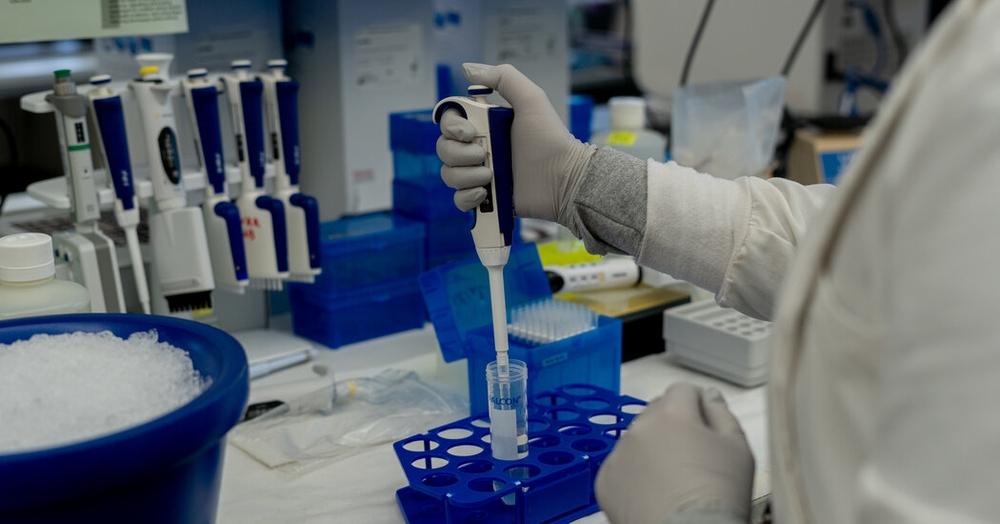Visa Restrictions Threaten American Education and Innovation
Published
- 3 min read

The Facts:
Education leaders across the United States are expressing serious concerns about new visa restrictions that they believe will damage the competitiveness of American institutions and limit their ability to recruit top global talent. According to Lynn Pasquerella, president of the American Association of Colleges and Universities, these changes are not being implemented arbitrarily but are following Trump administration directives focused on merit-based selection. Many universities rely heavily on H-1B visas to fill critical positions in STEM fields and medical specialties, with particular concern about constraints on the pipeline for foreign physicians. While not all STEM fields face worker shortages, significant needs exist in specialized areas like nuclear engineering and material science. The professional, scientific, and technical services sector accounts for nearly half of all approved H-1B petitions, while educational services comprise about 7% of these visas. The new policies include additional fees that education leaders fear will further hinder universities’ innovation capabilities and advancements in fields like artificial intelligence by undermining global collaboration.
Opinion:
This assault on our nation’s ability to attract global talent represents nothing less than an attack on American excellence and innovation itself. The very foundations of our educational superiority and technological leadership are being undermined by shortsighted policies that prioritize political rhetoric over practical reality. As someone who deeply believes in America’s constitutional principles and commitment to freedom, I find it profoundly disturbing that we would deliberately cripple our institutions’ ability to compete on the world stage. The notion that restricting access to the world’s best minds somehow serves American interests is not just wrong—it’s dangerously counterproductive. Our universities have historically been magnets for global talent precisely because they represented the best of American values: opportunity, meritocracy, and excellence. These new restrictions betray those values while simultaneously weakening our competitive position in critical fields like medicine, nuclear engineering, and artificial intelligence. The claim that this is about ‘merit’ rings hollow when the practical effect is to deny our institutions access to qualified professionals who can drive innovation and maintain America’s leadership position. Global collaboration isn’t just beneficial—it’s essential for cutting-edge research and development. By undermining this collaboration, we’re not protecting American workers; we’re sabotaging American progress. This policy represents the worst kind of isolationism—one that sacrifices our future competitiveness for short-term political points. We must stand firmly against any measure that weakens our educational institutions, limits our innovation capacity, or betrays our nation’s historic commitment to attracting and nurturing the world’s finest minds.
